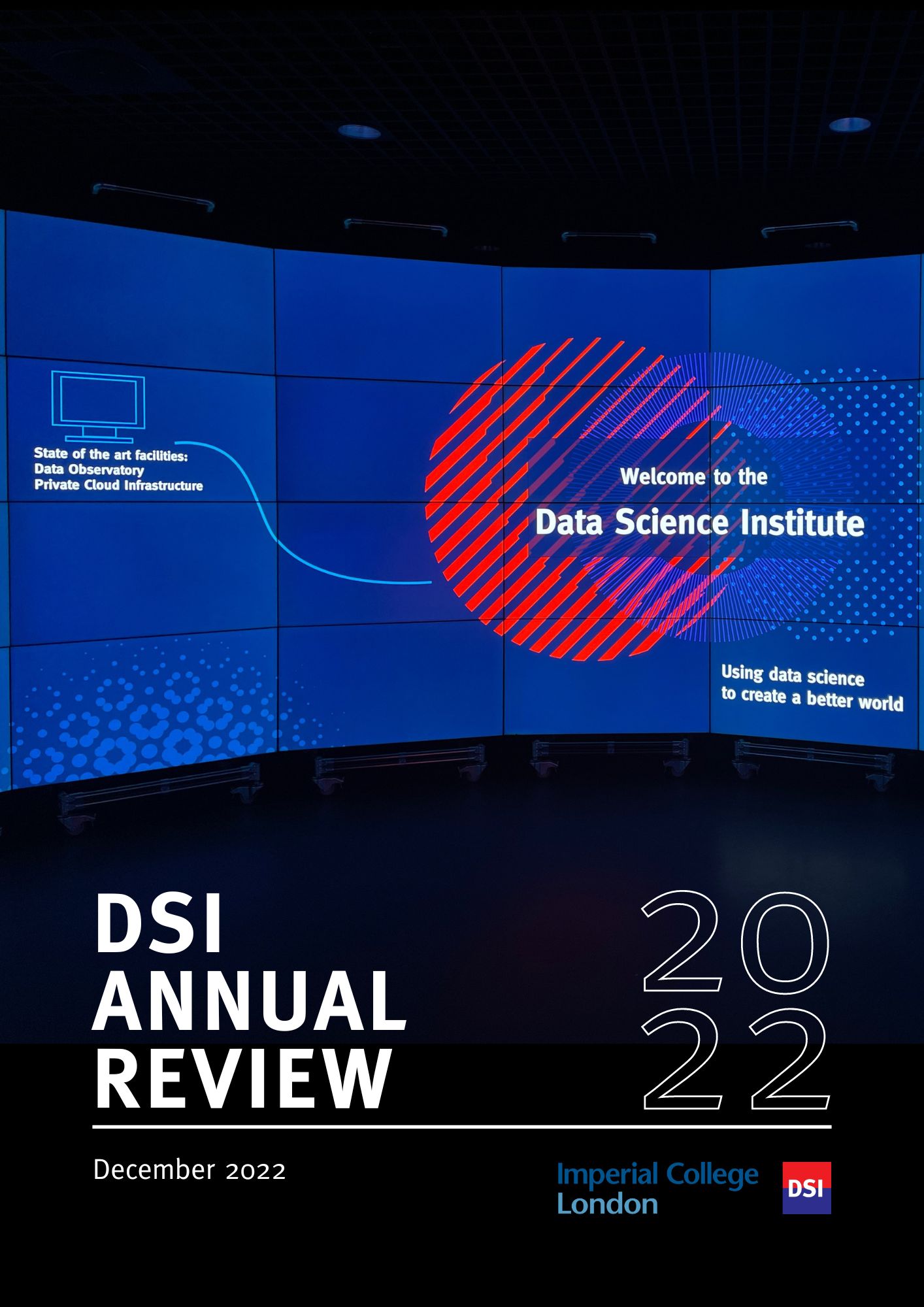BibTex format
@article{Mediano:2022:10.1063/5.0063384,
author = {Mediano, PAM and Rosas, FE and Farah, JC and Shanahan, M and Bor, D and Barrett, AB},
doi = {10.1063/5.0063384},
journal = {Chaos: an interdisciplinary journal of nonlinear science},
pages = {1--12},
title = {Integrated information as a common signature of dynamical and information-processing complexity},
url = {http://dx.doi.org/10.1063/5.0063384},
volume = {32},
year = {2022}
}
RIS format (EndNote, RefMan)
TY - JOUR
AB - The apparent dichotomy between information-processing and dynamical approaches to complexity science forces researchers to choose between two diverging sets of tools and explanations, creating conflict and often hindering scientific progress. Nonetheless, given the shared theoretical goals between both approaches, it is reasonable to conjecture the existence of underlying common signatures that capture interesting behavior in both dynamical and information-processing systems. Here, we argue that a pragmatic use of integrated information theory (IIT), originally conceived in theoretical neuroscience, can provide a potential unifying framework to study complexity in general multivariate systems. By leveraging metrics put forward by the integrated information decomposition framework, our results reveal that integrated information can effectively capture surprisingly heterogeneous signatures of complexity—including metastability and criticality in networks of coupled oscillators as well as distributed computation and emergent stable particles in cellular automata—without relying on idiosyncratic, ad hoc criteria. These results show how an agnostic use of IIT can provide important steps toward bridging the gap between informational and dynamical approaches to complex systems.Originally conceived within theoretical neuroscience, integrated information theory (IIT) has been rarely used in other fields—such as complex systems or non-linear dynamics—despite the great value it has to offer. In this article, we inspect the basics of IIT, dissociating it from its contentious claims about the nature of consciousness. Relieved of this philosophical burden, IIT presents itself as an appealing formal framework to study complexity in biological or artificial systems, applicable in a wide range of domains. To illustrate this, we present an exploration of integrated information in complex systems and relate it to other notions of complexity commonly used in sys
AU - Mediano,PAM
AU - Rosas,FE
AU - Farah,JC
AU - Shanahan,M
AU - Bor,D
AU - Barrett,AB
DO - 10.1063/5.0063384
EP - 12
PY - 2022///
SN - 1054-1500
SP - 1
TI - Integrated information as a common signature of dynamical and information-processing complexity
T2 - Chaos: an interdisciplinary journal of nonlinear science
UR - http://dx.doi.org/10.1063/5.0063384
UR - http://gateway.webofknowledge.com/gateway/Gateway.cgi?GWVersion=2&SrcApp=PARTNER_APP&SrcAuth=LinksAMR&KeyUT=WOS:000747042100007&DestLinkType=FullRecord&DestApp=ALL_WOS&UsrCustomerID=1ba7043ffcc86c417c072aa74d649202
UR - https://aip.scitation.org/doi/10.1063/5.0063384
UR - http://hdl.handle.net/10044/1/94474
VL - 32
ER -

